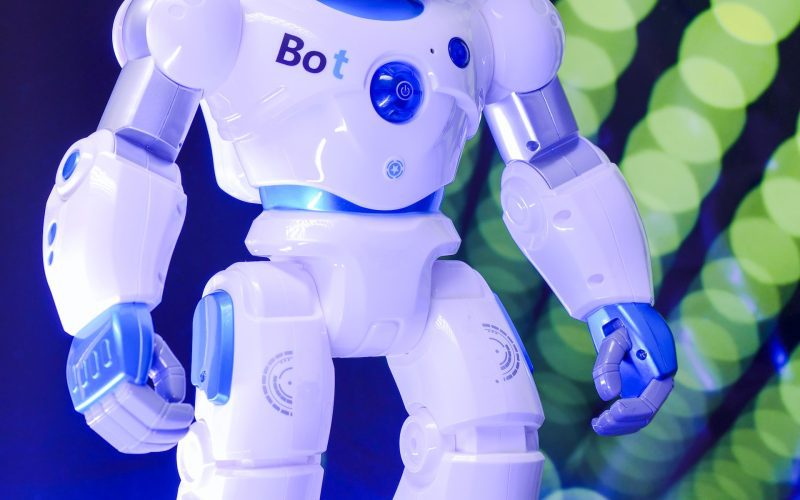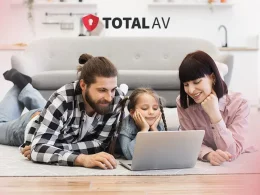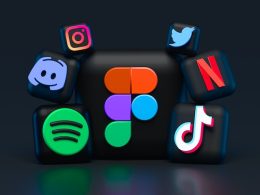Artificial intelligence (AI) has been rapidly changing various industries, and the entertainment sector is no exception. The rise of AI has raised concerns about the impact it will have on the livelihoods of voice actors and narrators, who are at risk of being replaced by computer-generated voices. In this article, we’ll explore the growing trend of AI-generated voices and how it is affecting the voice acting industry.
AI-generated voices are becoming increasingly popular and have already made their way into our daily lives. From virtual assistants like Siri and Alexa to audiobooks and podcasts, these voices have become a ubiquitous part of our digital interactions. The use of AI-generated voices has several advantages, including cost-effectiveness and convenience. However, these benefits come at the cost of potentially replacing human voice actors and narrators.
The impact of AI-generated voices on the voice acting industry is a growing concern, as more companies are turning to this technology as a cheaper and more efficient alternative to human voice actors. One example of this is the company Lyrebird, which uses AI to create realistic digital voices that can mimic human voices with remarkable accuracy. The company’s technology can generate a voice that sounds like a specific person, and it can be trained to speak in different languages and accents.
While the technology is impressive, it poses a significant threat to the livelihoods of voice actors and narrators. AI-generated voices can produce the same quality of work as human voice actors, but at a fraction of the cost. This means that companies may opt for AI-generated voices to save money, leaving voice actors and narrators without jobs.
However, some argue that AI-generated voices cannot replace human voice actors completely. Human voices are capable of conveying emotions and nuances that are difficult for AI to replicate. Additionally, some argue that human voices are more authentic and relatable, which is crucial in certain contexts like audiobooks and commercials.
Despite these arguments, the growing use of AI-generated voices in the entertainment industry cannot be ignored. In response to this trend, some voice actors and narrators are adapting to the changing landscape by developing new skills and techniques that complement AI-generated voices. For example, some voice actors are focusing on developing their improvisation and comedic skills, as well as taking on more character roles that require unique voices and emotions.
In conclusion, AI-generated voices are rapidly transforming the voice acting industry, posing a significant threat to the livelihoods of voice actors and narrators. While the technology has its advantages, including cost-effectiveness and convenience, the potential loss of jobs for voice actors cannot be ignored. It is up to the industry to strike a balance between utilizing the technology and preserving the artistry and authenticity of human voices.












